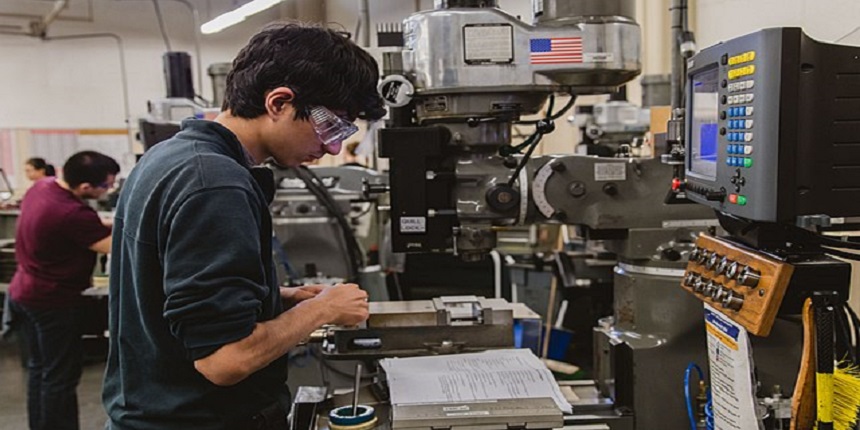Indian engineering system should prioritize independent thinking: AICTE director
Anu Parthiban | February 5, 2024 | 07:42 PM IST | 2 mins read
Anil Sahasrabudhe said there is still a dire requirement for more hands-on learning opportunities for students through industry-collaborative internships.

NEW DELHI: All India Council for Technical Education (AICTE) director Amit Dutta said “there is a need for the Indian engineering system to move to a reward-system that prioritizes independent thinking, rather than rote-based learning”. He was speaking at an academic roundtable on ‘Changing face of global engineering – calibrating India’s response’.
The Institution of Engineering and Technology, which organised the event, will present the outcomes of the discussion as a policy recommendation roadmap to the ministry of education. It will also issue an advisory note to higher educational institutions (HEIs) to “initiate an actionable roadmap towards improving India’s engineering education ecosystem”.
The panel discussed skill and learning gap and role of technology in delivering engineering education.
Also read AICTE aims to open PARAKH portal out to all courses, students
Engineering education in India
Speaking at the event, Amit Dutta said that the “entire engineering education system is victimisation of meritocracy”, which raised an important question - “What are we awarding as merit - rote learning or independent thinking?”
The panel discussed how teachers are under immense pressure to deliver classes in just an hour and said that there is a need for institutions to create a formal and transparent student feedback mechanism to assess the efficiency of teachers, rather than simply evaluating them as ‘researchers’.
“It emphasized the necessity for a revamped evaluation system that considers not only the quantity of research conducted by a professor but also the quality of their teaching.”
On the steps taken by AICTE to bridge learning gaps, Amit Dutta said the regulatory body has introduced a portal namely ‘Parakh’, which is a gap analysis tool for both students and faculty members. “Over six lakh students have registered, and more than 2.5 million students have completed their gap analysis tests. The portal identifies gaps in students' knowledge before they graduate from the institution, enabling the implementation of necessary remedial measures to address these gaps before the students graduate,” he informed.
Anil Sahasrabudhe, chairman, National Assessment and Accreditation Council (NAAC), National Education Technology Forum (NETF) and the National Board of Accreditation (NBA), said: “There is still a dire requirement for more hands-on learning opportunities for students through industry-collaborative products and internships. We currently have 1.7 crore students and 75,000+ internship providers on a portal, which uses modern tools like AI to suggest internship opportunities based on the student’s interests, their locality/hometown and the opportunities available in the region. This is particularly essential for students in remote areas and Tier 2/Tier 3 cities.”
Shekhar Sanyal, country head and director of IET India talked about how the country is becoming a top choice for Global Capability Centres and a global powerhouse for engineering education. Shekhar Sanyal pointed out the widening gap between industry and academics is what is hindering our progress.
Follow us for the latest education news on colleges and universities, admission, courses, exams, research, education policies, study abroad and more..
To get in touch, write to us at news@careers360.com.